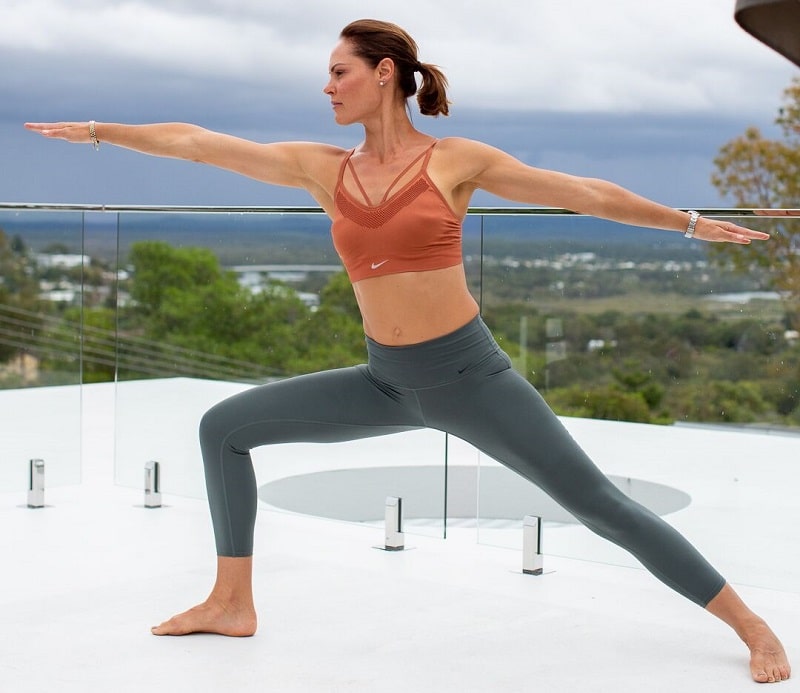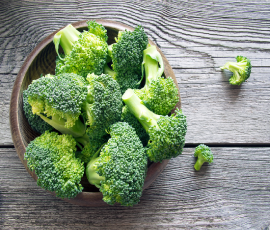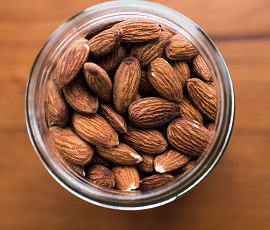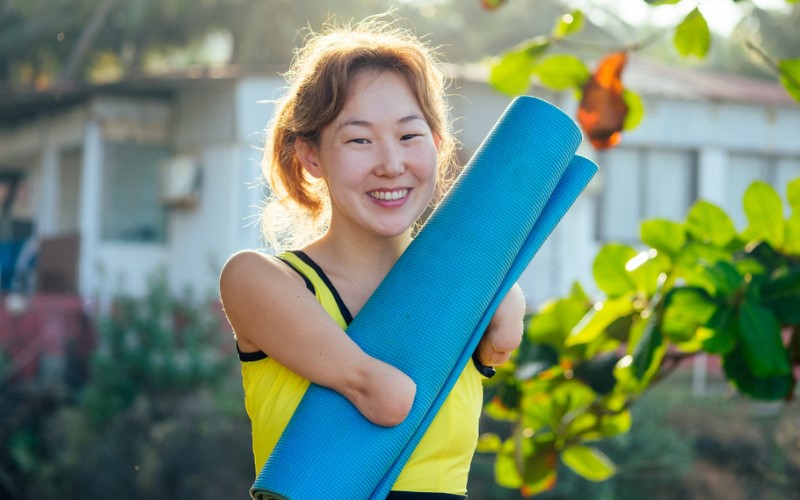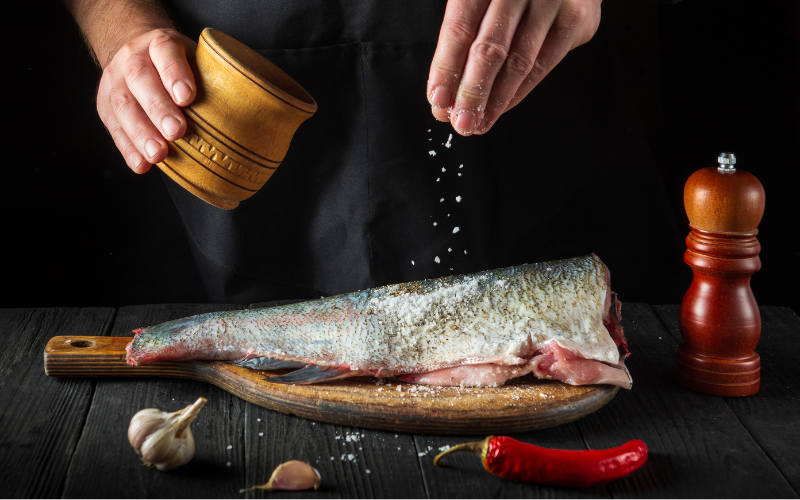Zoe Bingley-Pullin: 3 Pieces of health advice you can’t live without this year
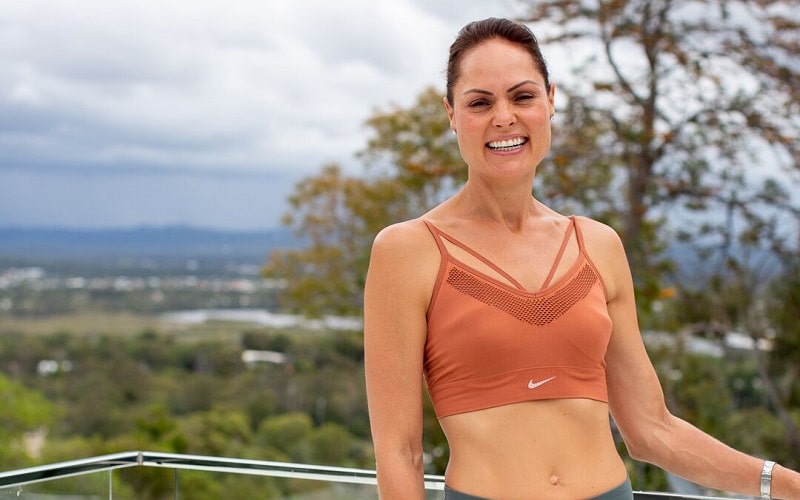
Do you want to live a healthier and happier life this year? Do you want to feel better, have more energy and move more easily? Perhaps you want to sleep better, get your blood sugars under control, feel less moody or anxious or have a happier outlook. All of this is within your reach and I’m going to show you how with just three simple pieces of health advice.
Firstly, here’s what you DON’T need in 2020. A fad diet, anything extreme, weird or that makes you feel uncomfortable.
What I do focus on are the things you can do for yourself right now to bring about the most dramatic improvement in your health and wellbeing. Bringing together sensible eating and basic lifestyle modifications across nutrition, body and mental wellness, will help you towards a longer, healthier and happier life in 2020.
#1 Eat more vegetables
Eating more vegetables is the single most important piece of health advice I could possibly give you. If you follow just one of these tips, please, make it this one. Why? Well, vegetables are jam packed with nutrients, antioxidants, phytosterols and fibre. You’ve heard the saying, ‘food is medicine,’ well vegetables offer the potential for both prevention and treatment. Load up your plate if you want vibrant health, support with recovery from illness and other niggle ailments, a positive mental attitude and healthy ageing.
Your goal should be to meet the recommendation of 5 serves of veg every day, or more (some experts advocate 6-8 serves per day). If, like 95% of the population, you’re not currently achieving anywhere near the recommendations, then you will be amazed by how much better you will feel when you do. Thanks to the extra fibre, you will become more regular for a start and that alone will give you such a lightness of feeling if you’ve been clogged up too long (not to mention the faster elimination of harmful toxins). You can expect improvement in the overall look and feel of both your skin and hair. You should feel more energetic and think more clearly. After all, eating more veg displaces some of the less healthy things in your diet so it’s a win win.
To maximise essential vitamins, minerals and phytonutrients, try to incorporate a wide range of vegetables across all colours of the rainbow. Scientists now believe that food diversity is a vital factor in gut health. Results from the largest human microbiome study ever, The American Gut Project, show that people who eat 30 or more different plant foods per week have the most diverse gut bacteria. Poor gut diversity is considered an indicator of an unhealthy microbiome and has been linked to different chronic conditions, both of the mind and body.
7 tips on increasing your intake of vegetables
- Get veg into every meal of the day. For breakfast – avocado, tomato, spinach, mushrooms and potatoes are all great on toast or with eggs. Or add some kale, broccoli sprouts, beetroot or vegetable powder to your morning smoothie.
- When filling your plate, aim for 50% vegetables and other plant foods (like beans and legumes), 25% protein (meat/fish or alternatives), 25% starches (like wholegrains, rice).
- For snacks, think plants. Carrot, celery, cucumber and capsicum sticks with hummus, nut butter or cream cheese are excellent options. Also, eating veg in between meals can make it easier to achieve the recommended intake across the day.
- Roast a tray of vegetables once a week and have them on standby in the fridge to snack on or as sides to other dishes. Get creative with sweet potato, potato, turnip, radish, onion, carrot, zucchini, eggplant and capsicum by sprinkling them with herbs or spices and extra virgin olive oil prior to baking.
- Salad leaves or sweet corn on the cob both make excellent starters for dinner instead of your traditional carby options.
- Eat meat free more often. Swapping a few meals to vegetarian forces you to make the most of what you have in your crisper and helps reduce the growing waste issue.
- Salads make great lunches, just remember to include enough protein and healthy fats to satisfy as detailed in our blog article: "How to make a winning salad".
#2 Move your body more
Whether you’re aiming to lose weight, gain weight or maintain weight, getting your body moving every day is crucial for your overall health and wellbeing. It’s been linked to so many positive health outcomes (aside from the obvious weight management and fitness).
Getting more active means lower blood pressure; reduced risk of heart attack, type 2 diabetes and cancer; stronger bones, muscles and joints; quicker recovery from illness and injury; improved mood; better sleep; and more energy. Who wouldn’t want all that?!
But it’s important to pick the right kind of exercise for you, in the right amounts. The Australian Department of Health now issues physical activity and sedentary behaviour guidelines, which are a good place to start. Here’s what’s recommended for adults aged 18 – 64 years:
- Doing any physical activity is better than doing none. If you currently do no physical activity, start by doing some, and gradually build up to the recommended amount.
- Be active on most, preferably all, days every week.
- Accumulate 150 to 300 minutes (2 ½ to 5 hours) of moderate intensity physical activity or 75 to 150 minutes (1 ¼ to 2 ½ hours) of vigorous intensity physical activity, or an equivalent combination of both moderate and vigorous activities, each week.
- Do muscle strengthening activities on at least 2 days each week.
- Minimise the amount of time spent in prolonged sitting. Break up long periods of sitting as often as possible.
As you can see, gentle exercise counts towards your targets as does more vigorous activities. Small increments also add to your weekly tally.
7 tips on how to achieve the physical activity targets
- If mobility or injury is an issue for you, then try swimming or aqua aerobics as the water will cushion your joints and support your body weight. Tai chi, Pilates, yoga or just walking may also suit.
- If you can handle something more vigorous, getting up a sweat has been shown to have other benefits in terms of your cardiovascular system, immune system and skin.
- Home and office workouts. If you can’t get out, try these deskercises or do some squats or lunges in front of the TV.
- Mix business (exercise) with pleasure (friends and family). Kill two birds with one stone and stay more motivated while you’re at it.
- Make exercise a habit and an ‘every day’ mindset. The more habitual the activity, the more likely you are to keep it up all year round. The easiest way to do this is to make moving a natural part of your day, such as cycling to work, taking the dog around the block every morning, or walking to pick up the kids from school. Scheduling exercise in your diary is also a successful strategy.
- Try technology to keep you motivated. There are plenty of tools to track your goals, measure your distance, steps or laps. Prevent boredom by jumping onto YouTube for new routines in yoga, Pilates, dance or stretching. Virtual training is also becoming a thing – your trainer or workout partner can now be anywhere in the world or they could even be a computer.
- Make it fun and get excited by trying new things in 2020! Try a surf lesson, abseiling, indoor rock climbing or cricket on the beach.
#3 Be kind to yourself
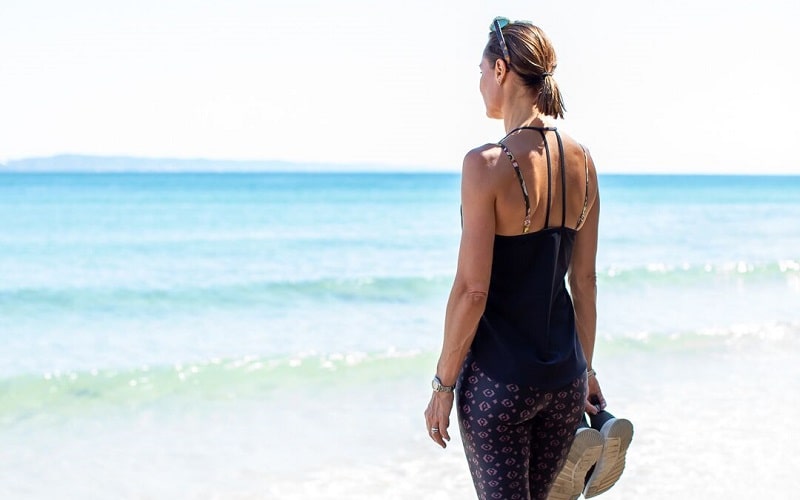
I believe this one needs to be at the top of our list for 2020. Life is busy and we’re often asking too much of ourselves, which adds to our physical and mental stress load. Stress affects our body, thoughts and feelings, as well as our behaviour. Long term stress can contribute to many health problems such as high blood pressure, heart disease, diabetes, obesity and can damage our immune system’s ability to ward off illness. Stress can also impact sleep, affect our relationships and lead to mental health issues like anxiety and depression.
Being kind to yourself is mainly about stress reduction, but it also encompasses an element of self-improvement, mindfulness and overall wellbeing, that are not to be forgotten about. Taking a step back and being mindful often enables us to see things in a new light, recognise where we’re going wrong, set ourselves a new direction, achieve our goals and be better prepared to tackle what life throws our way.
Studies show that taking part in self-care and mindfulness can calm the heart rate and switch off your body’s threat response. Consider getting a bigger dose of Mother Nature too. Known as ‘forest therapy’, scientists have linked it with better mood, memory, mental clarity, less stress and stronger immune system.
8 tips on incorporating more self-care
- Plan ahead for the day. It can help you feel more organised and be more effective. Planning also reduces the likelihood of unpleasant surprises and stresses derailing your day. Perhaps write a list, check your calendar or sit down with a co-worker to plan.
- Escape and be present. Here are some suggestions for how you can mentally get away - take a long bath, read, work out, paint, walk, put on music, give yourself a foot massage, meditate, sit on the beach. Whatever you choose, make sure you make some time each week for you and in that time remain present in whatever it is you’re doing is key.
- Invest in self-development. That could mean reading a self-help book or listening to a podcast, for example on how to write a business plan, parenting dilemmas, creating your own website, trading shares, getting over grief. Hearing from an expert about a topic you’re interested in or struggling with can really clarify new ideas and direction. Try to take one small action each day about what you’ve learned.
- Talk to a friend. Social connections are linked with improved psychological wellbeing and longevity.
- Be kinder to others. One quick way to generate happy positive feelings is to do a good deed. For example, be a more courteous driver (even when others are not – wave and smile and people will mirror it back to you), buy someone a coffee and pay it forward (even if you don’t know them), offer help to carry a senior person’s groceries, pick some flowers from your garden to brighten someone’s day.
- Laugh more. Check out funny clips on YouTube, read a book of jokes, see a comedy show. Laughter is powerful medicine, it releases endorphins, improves immunity and relieves stress.
- Recognise and acknowledge your achievements. Don’t always focus on the current issue you’re stuck on but look back at how far you’ve come on this work project, with your weight loss, your dance moves, or as a parent. Every now and then you deserve a pat on the back for the milestones you’ve reached.
- Stop trying to be perfect. Aim to improve but don’t set yourself up for failure by setting the bar too high. And don’t compare to others. Just be satisfied with what you can achieve and where you’re at in your life.
In 2020, I believe there’s just three simple pieces of health advice you should follow. I urge you to eat more vegetables, move your body more and be kind to yourself. Start making these changes today so you can enjoy a longer, healthier and happier life, this year and beyond.

